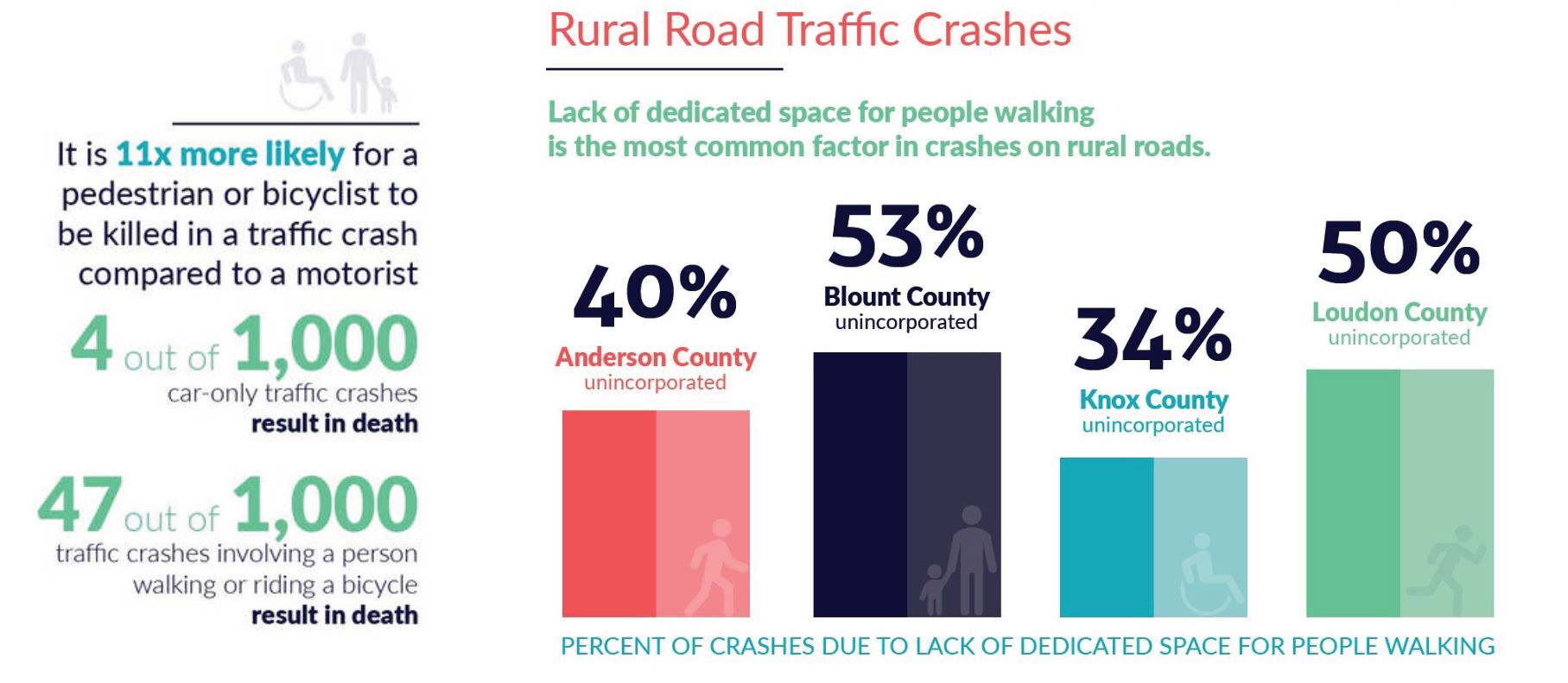This is the first year the TPO had an Americorps member and it was a great success!
Jon Sharp came to Knoxville after working for the City of Pittsburgh Department of Planning and teaching English in Madrid, Spain. His background in planning and passion for active transportation made him a perfect fit as the Community Outreach Assistant for the Knoxville Regional Bicycle Program.
During the past year, Jon managed the Bicycling Ambassadors programs, served as Volunteer Coordinator for two Open Streets Knoxville events, conducted and reported on bicycle and pedestrian counts, and participated in outreach events for Mobility 2040. During his year at the TPO, Jon:
- Presented to 240 drivers education students at local high schools about how to share the road with bicyclists and pedestrians,
- Collected more than 150 safe biking pledges,
- Created and handed out flyers in Spanish to the Latino Task Force and local Hispanic grocery stores,
- Created a survey that helped determine changes needed for the Knoxville bicycling map,
- Helped create Walking and Bicycling Safety Curriculum to be taught in local schools from K-8, and
- Helped write a grant application to teach kid from the Boys and Girls Club how to bike safely.
In addition to these projects, he logged 116 hours of bicycle and pedestrian counts. During the counts he collected data on the number of bicyclists who wore helmets, the number of those who used the streets versus sidewalks, and gender. He found that UT’s campus had the lowest helmet usage and the most instances of bicyclists riding on sidewalks. He also found that on average, 80% of people bicycling in the Knoxville area are men and 20% are women, though women represent 30% of weekend bicyclists.
He was instrumental in coordinating multiple events throughout the year. He acted as the volunteer coordinator for Open Streets in the fall of 2016 and spring of 2017, recruiting 100 volunteers, assisting with marketing and social media, and all day-of activities. In December, he collected donations and prizes for the 10th annual Tour de Lights, which brought out more than 1,000 participants for the third straight year. He also organized discounts and donations for Bike Month in May 2017.
Americorps members are known for their work ethic, and Jon proved that to be true. We’re so appreciative of all his hard work and contributions during his time here!





 This is part of an effort to integrate more bikeways through regular pavement preservation projects. Forty-five engineers, designers, and planners from across the state attended this training on April 18, 2017. FHWA sent two instructors, Thomas Huber and Eric Mongelli PE from Toole Design Group, to lead the workshop.
This is part of an effort to integrate more bikeways through regular pavement preservation projects. Forty-five engineers, designers, and planners from across the state attended this training on April 18, 2017. FHWA sent two instructors, Thomas Huber and Eric Mongelli PE from Toole Design Group, to lead the workshop.